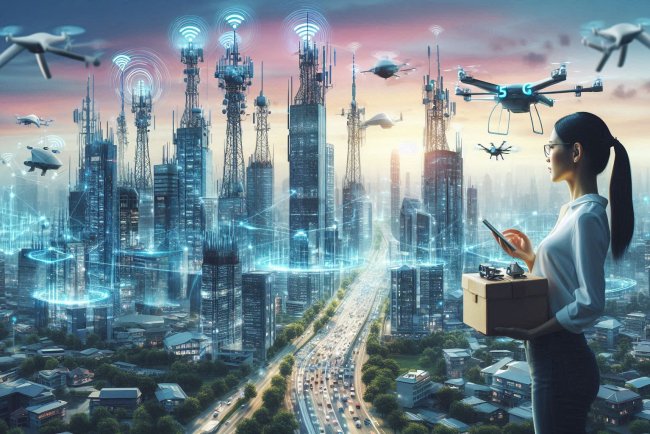The Impact of Renewable Energy on Urban Development
Discover how renewable energy is transforming urban areas, leading to sustainable development and a greener future for cities.

The Impact of Renewable Energy on Urban Development
Renewable energy has become a key focus in urban development, with cities around the world increasingly turning to sustainable sources of power to meet their energy needs. The shift towards renewable energy has a significant impact on urban development, influencing various aspects of city planning, infrastructure, and sustainability. In this article, we will explore the ways in which renewable energy is shaping urban development.
1. Environmental Sustainability
One of the primary impacts of renewable energy on urban development is the promotion of environmental sustainability. By harnessing sources such as solar, wind, and hydro power, cities can reduce their dependence on fossil fuels and lower their carbon emissions. This shift towards cleaner energy sources helps to mitigate the effects of climate change and improve air quality in urban areas.
2. Energy Independence
Investing in renewable energy allows cities to become more energy independent by generating power locally. This reduces reliance on centralized power grids and volatile energy markets, providing greater stability and security in the energy supply. In addition, renewable energy systems can be integrated into existing urban infrastructure, such as rooftops and parking lots, making efficient use of available space.
3. Economic Development
The adoption of renewable energy technologies can also drive economic development in urban areas. The renewable energy sector creates new job opportunities in manufacturing, installation, and maintenance of solar panels, wind turbines, and other clean energy systems. Furthermore, investing in renewable energy can attract businesses and investors looking to support sustainable initiatives, contributing to the growth of local economies.
4. Resilience and Adaptation
Renewable energy plays a crucial role in building resilience and adaptation in cities facing the impacts of climate change. By diversifying their energy sources and incorporating renewable technologies, urban areas can better withstand extreme weather events, power outages, and other disruptions. This resilience is essential for ensuring the continued functioning of critical infrastructure and services during emergencies.
5. Innovation and Technology
The transition to renewable energy is driving innovation and technological advancements in urban development. Cities are exploring new ways to integrate renewable energy systems with smart grids, energy storage solutions, and energy-efficient buildings. These innovations not only reduce energy consumption and costs but also enhance the overall sustainability and livability of urban environments.
6. Community Engagement
Renewable energy projects often involve community engagement and participation, fostering a sense of ownership and responsibility among residents. Community-led initiatives, such as solar cooperatives and energy efficiency programs, empower individuals to take action towards a more sustainable future. This engagement strengthens social cohesion and builds a sense of collective responsibility for environmental stewardship.
7. Policy and Planning
The integration of renewable energy into urban development requires supportive policies and strategic planning by local governments. Cities can implement incentives, regulations, and zoning ordinances to promote the adoption of renewable energy technologies and encourage sustainable practices. By incorporating renewable energy goals into urban planning frameworks, cities can ensure long-term environmental and economic benefits for their residents.
Conclusion
Renewable energy is revolutionizing urban development by offering a sustainable and resilient approach to meeting the energy needs of cities. The shift towards renewable energy sources has far-reaching impacts on environmental sustainability, economic development, community engagement, and technological innovation. As cities continue to embrace renewable energy solutions, they are not only reducing their carbon footprint but also creating healthier, more vibrant urban environments for current and future generations.
What's Your Reaction?















